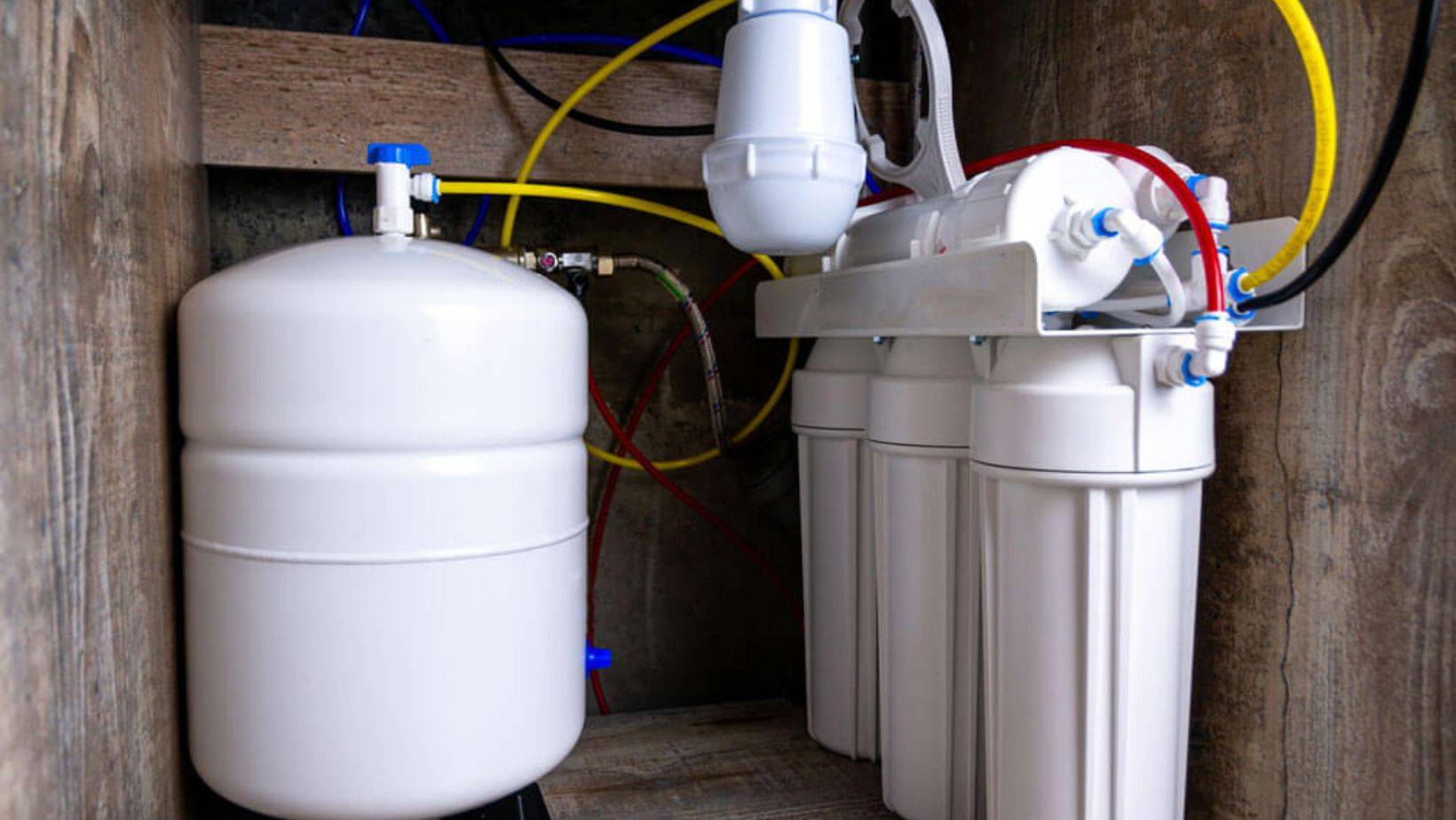
Water filtration
When it comes to the health and well-being of your family, ensuring access to clean and safe drinking water is paramount.

With winter right around the corner, it’s essential to protect your plumbing system from freezing temperatures. Frozen pipes can lead to costly repairs, water damage, and inconvenient disruptions to your daily routine. Therefore, it is crucial to take measures to prevent pipes from freezing. In this guide, we’ll cover effective methods for keeping your pipes safe and ensuring a smooth winter season.
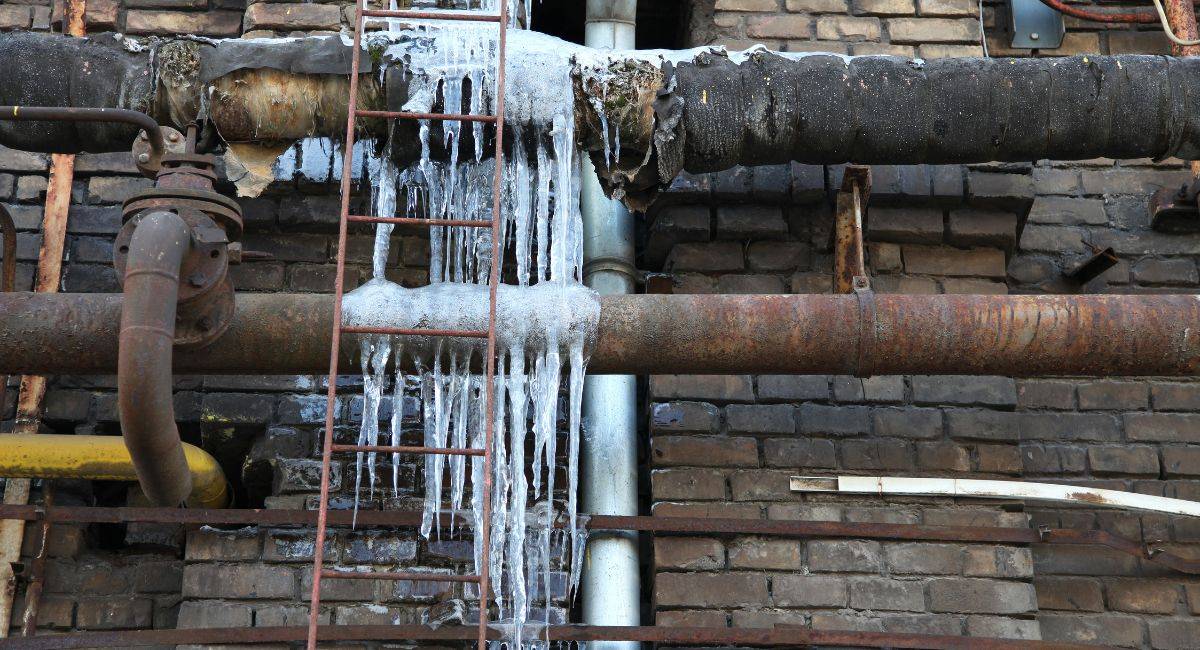
Pipes, especially water supply lines, are vulnerable to freezing when the temperature drops, particularly if they are in unheated areas with little or no insulation. When water supply pipes freeze, the water inside expands, which can cause pipes to burst. Wrapping pipes in insulation can help prevent them from freezing. Preventing this from happening requires taking proactive steps.
One of the best ways to avoid frozen pipes is to winterize your plumbing system to prevent pipes from freezing. Start by draining water from your swimming pool supply lines, water sprinkler lines, and outdoor hose bibs. Ensuring these lines are empty helps prevent ice buildup, which could damage pipes. Additionally, an electric hair dryer can be used to safely thaw frozen pipes.
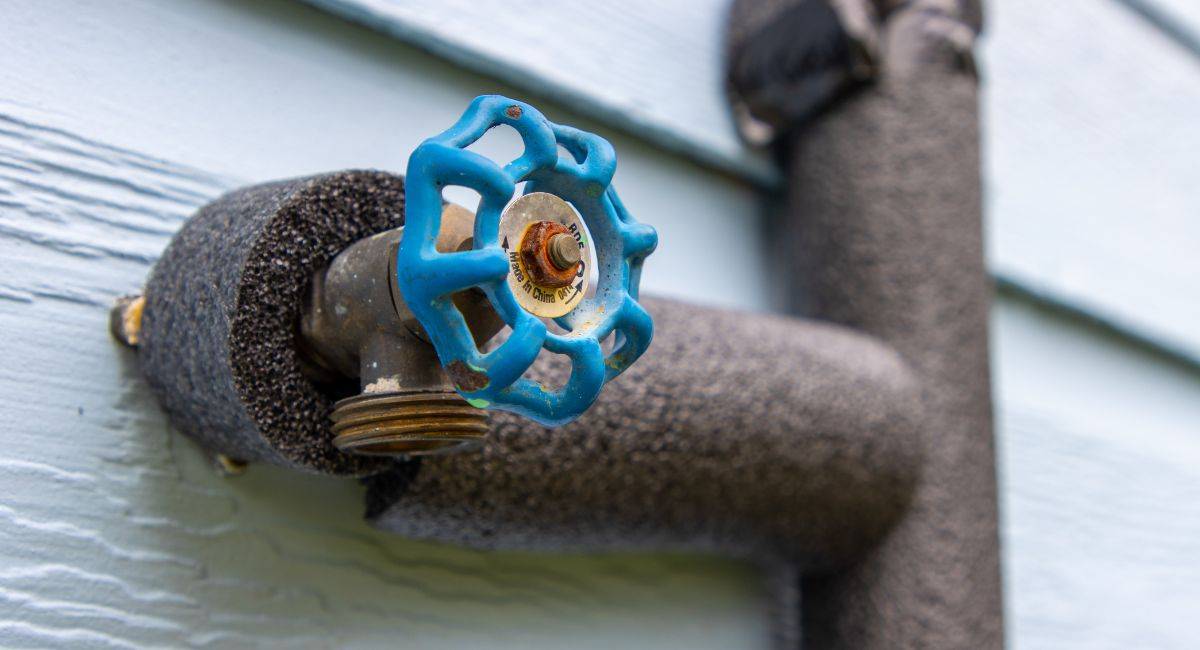
Using materials like pipe sleeves and heat tape, you can effectively insulate exposed pipes in areas prone to cold, such as basements and crawl spaces. Insulating your pipes keeps them warmer during cold spells and prevents pipes from freezing.
For pipes that run near or through your garage, make sure to keep garage doors closed to keep in warmer air. Cold air seeping in can quickly cause uninsulated pipes to freeze, especially those near exterior walls.
Allowing a small cold water drip from faucets helps prevent pipes from freezing by relieving pressure in your pipes, which can prevent freezing and pipe bursts. A small trickle of water can go a long way in maintaining flow during particularly frigid nights.
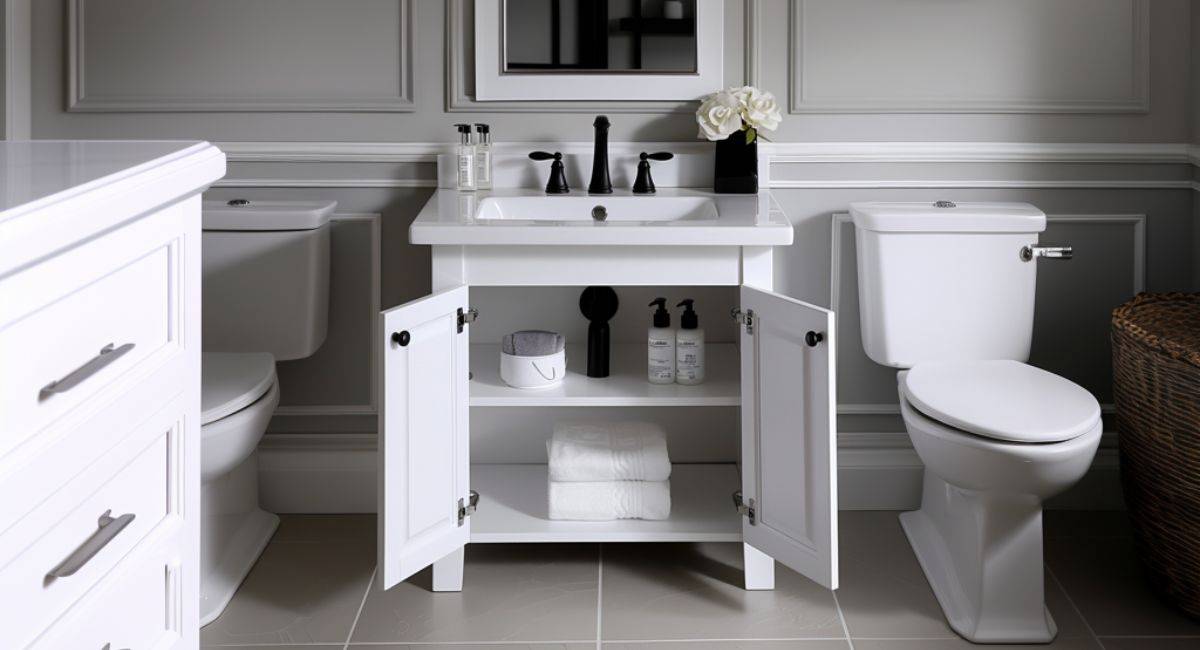
If you have sinks located along exterior walls, opening bathroom cabinet doors allows warmer air to circulate around the pipes, reducing the chance of freezing. This simple step helps expose these vulnerable pipes to a safer temperature.
An electric heating pad wrapped around pipes in at-risk areas can help keep them warm enough to prevent freezing. Avoid using other open flame devices or flammable materials, as they can pose safety risks.
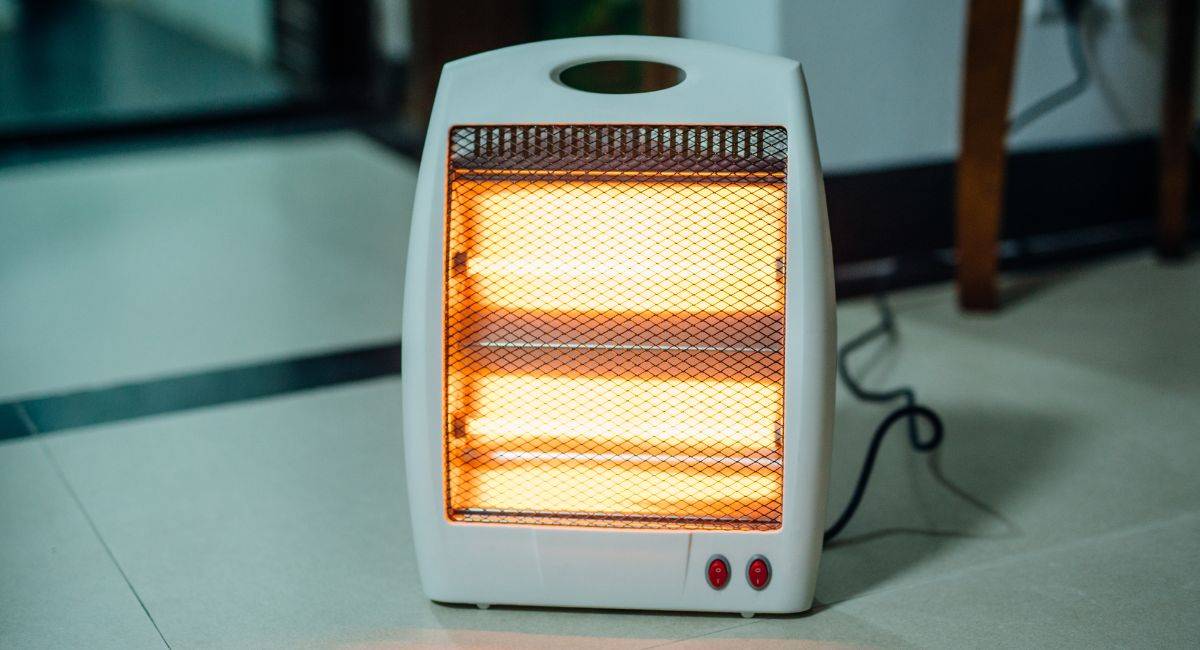
In very cold weather, placing a portable space heater in rooms with exposed pipes, like basements or attics, can help maintain a safe temperature. However, always exercise caution and never leave heaters unattended in confined spaces.
Disconnect garden hoses before the cold hits. Leaving hoses attached to outdoor faucets can lead to frozen area buildup, increasing the risk of pipe damage. Ensuring outdoor faucets are clear of water is an easy yet important step.
When temperatures drop severely, it’s wise to keep your home warmer than usual. Set your thermostat to the same temperature during day and night to prevent drastic temperature shifts that could impact your water pipes.
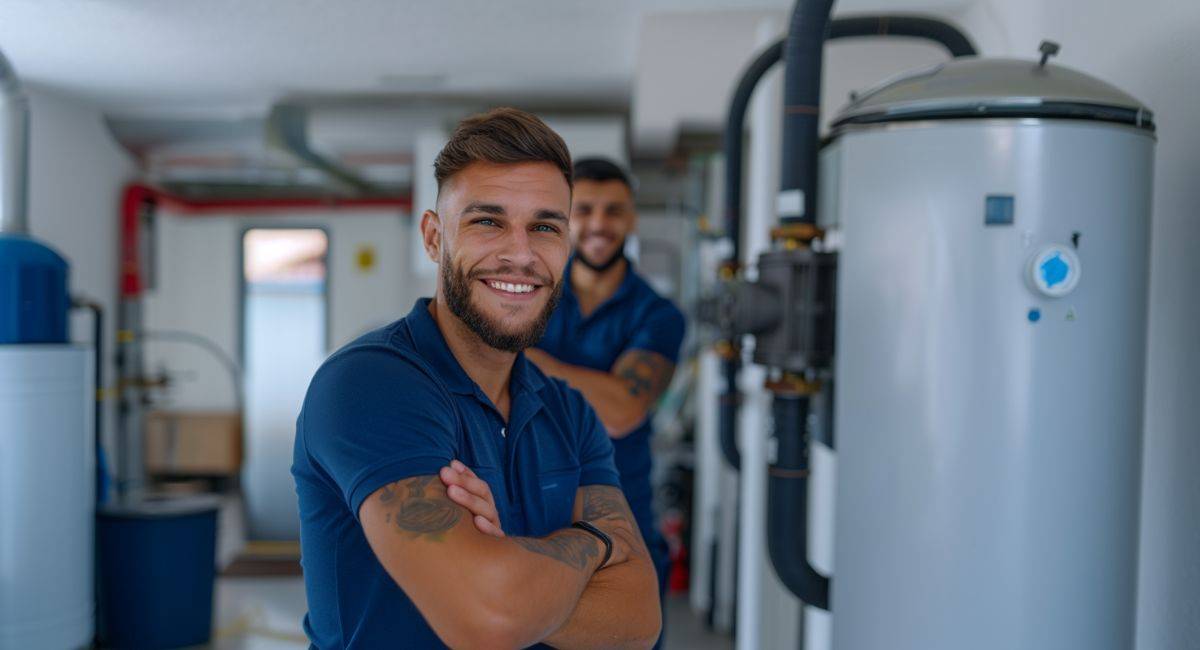
If you encounter frozen pipes or suspect any plumbing issues due to extreme cold, don’t hesitate to call a licensed plumber at Draingo. We have the tools and expertise needed to handle plumbing concerns safely and efficiently.
With these tips, you can take proactive measures to keep your pipes safe throughout winter. Preventing frozen pipes is always more affordable and convenient than dealing with the consequences of a burst pipe. Remember, preparation is key!

When it comes to the health and well-being of your family, ensuring access to clean and safe drinking water is paramount.
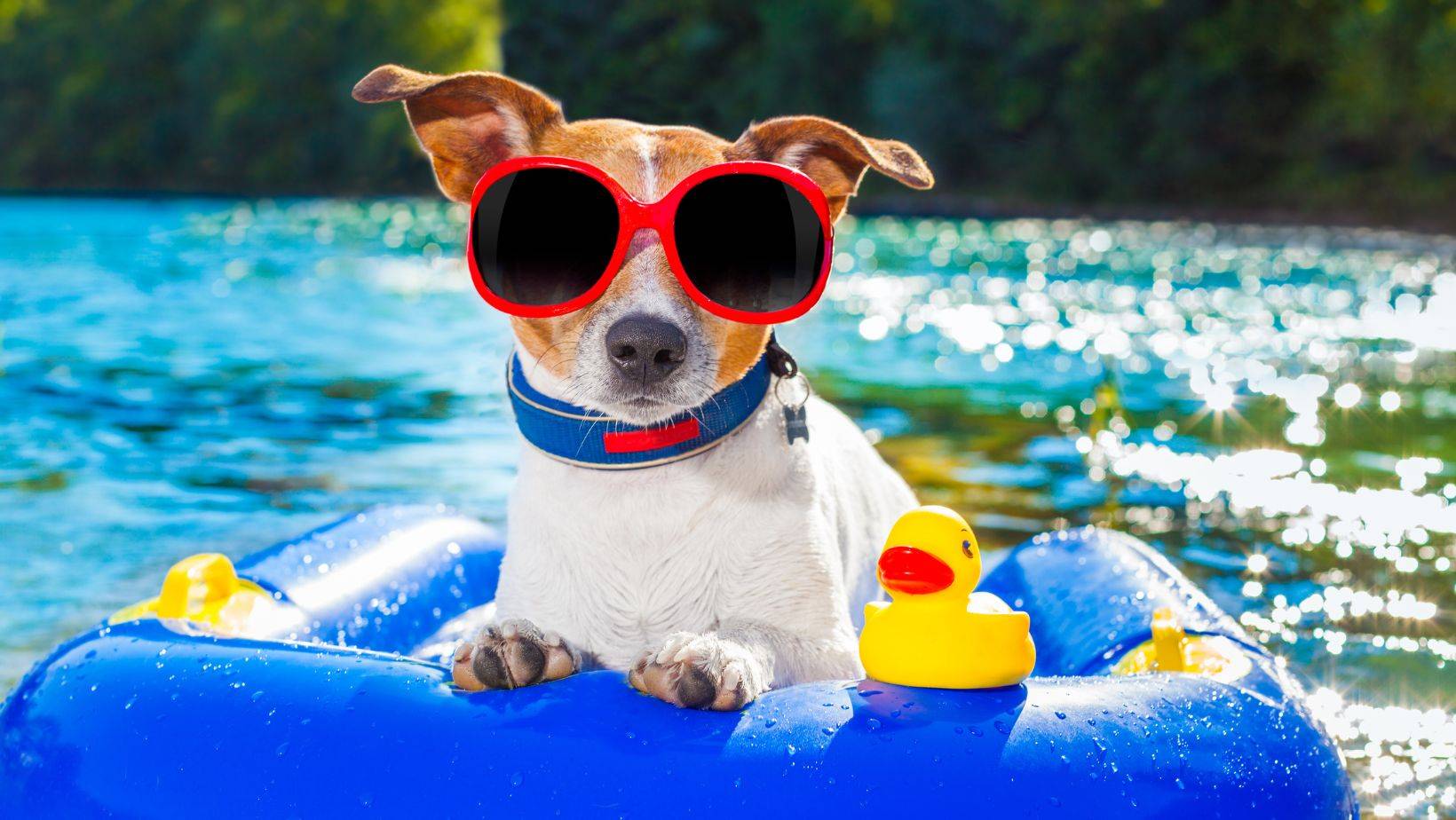
Discover the Top 10 Plumbing Tips to Keep Your Summer Hassle-Free! Learn how to maintain your plumbing system during the warm season for a worry-free summer.
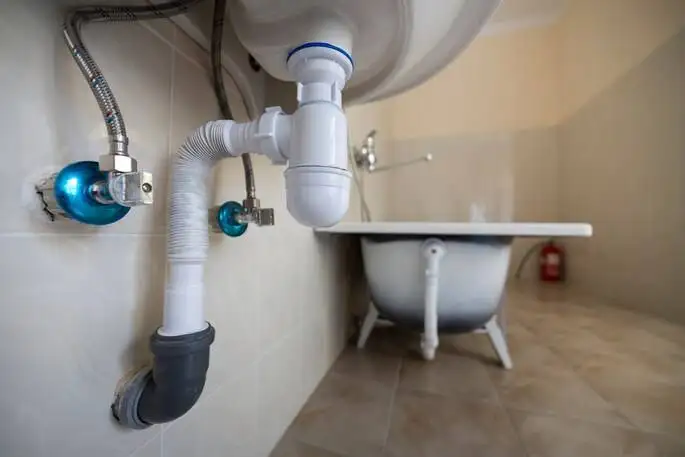
Discover how DrainGo provides expert advice on ejector pumps in residential basements, sewage ejector pump installation, and maintaining plumbing systems. Learn about sump pumps, septic tanks, and more.
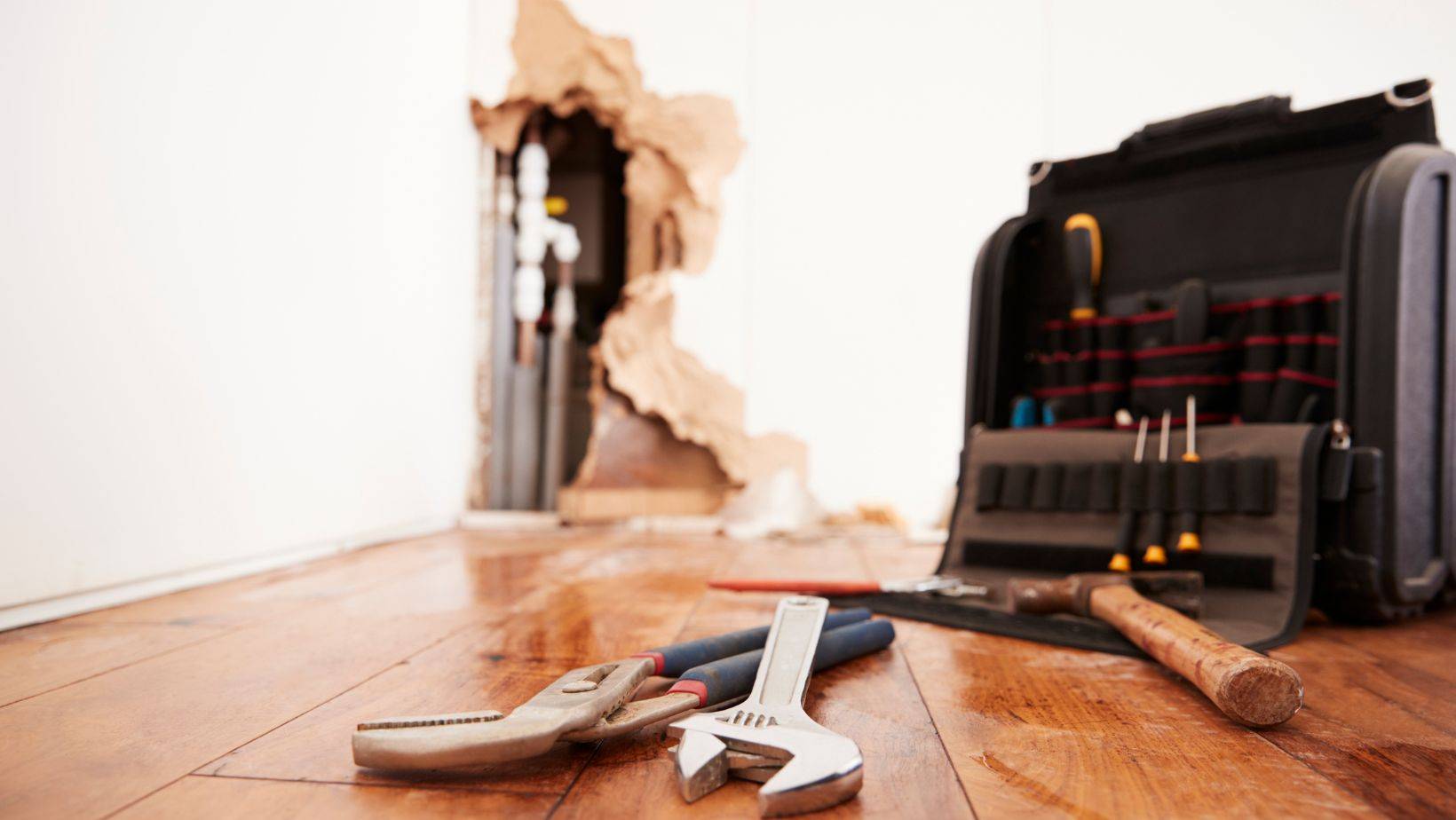
Your go-to for Alabama plumbing. From emergency repairs to routine maintenance, we’re your trusted experts for all things plumbing.
The best way to prevent pipes from freezing is by winterizing your plumbing before temperatures drop. This includes draining water from swimming pool supply lines, outdoor hoses, and sprinkler systems.
Additionally, insulate exposed pipes in basements, crawl spaces, and other vulnerable areas. During extreme cold, keep faucets dripping slightly to maintain water flow, and consider opening cabinet doors to let warmer air circulate around the pipes.
To safely thaw frozen pipes, start by applying heat with an electric heating pad or hair dryer. Wrap the heating pad around the frozen section and slowly apply heat to help the ice melt. Never use an open flame device like a propane or charcoal stove, as it can damage pipes or create a fire hazard. If you’re unable to thaw the pipe or suspect a crack, call a licensed plumber for assistance.
Yes, leaving faucets with a cold water drip helps prevent freezing by relieving pressure within the pipes. This small trickle of water reduces the likelihood of ice forming and blocking the flow. Use this method especially for faucets served by pipes near exterior walls or in unheated areas.
Yes, most types of water pipes are susceptible to freezing in cold weather, particularly those with little or no insulation or that are exposed to cold air. Pipes located in basements, attics, crawl spaces, and even those running along exterior walls are especially vulnerable. Insulating these pipes with pipe sleeves or heat tape can help protect them.
Connect with us today to schedule your service enjoy immediate savings with downloadable coupons. Interested in plumbing insights? Explore our collection of plumbing articles and industry updates, brimming with practical tips and valuable information to cater to all of your plumbing questions.